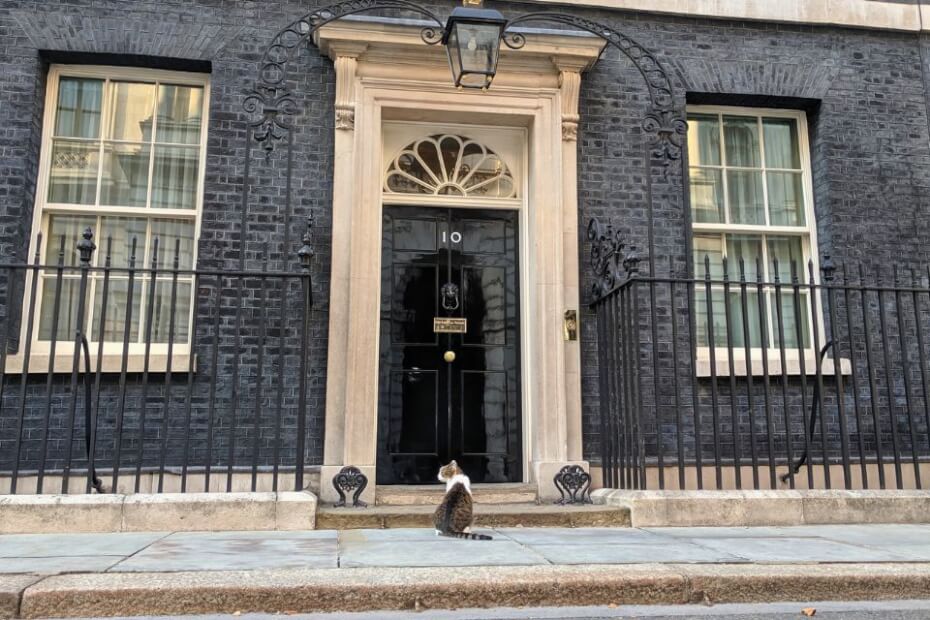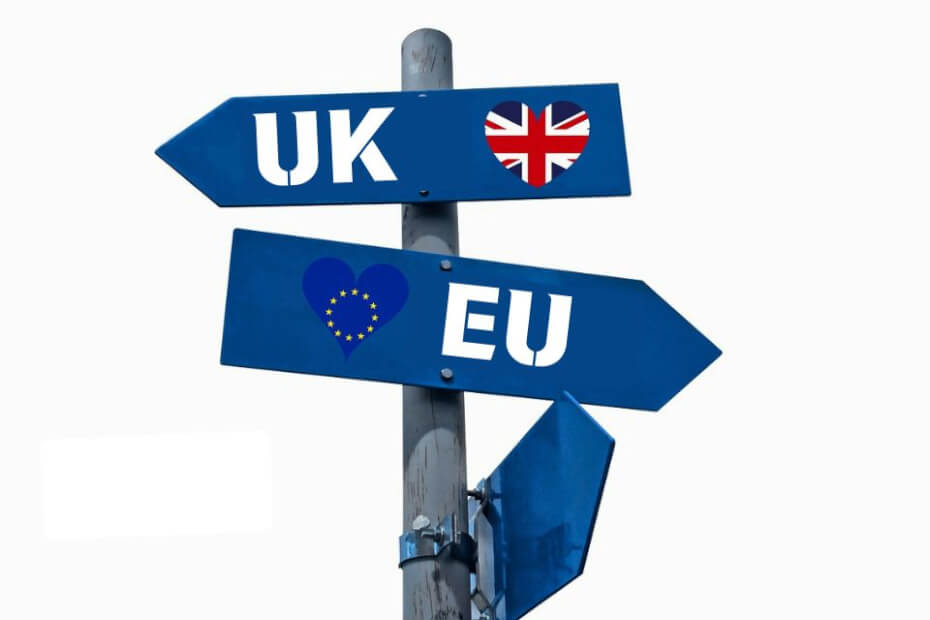
British musicians will continue to face challenges when trying to tour Europe due to post-Brexit travel rules.
The European Union (EU) has confirmed that it will not relax current visa and transport requirements for artists from the United Kingdom (UK), as per The Financial Times.
This recent development in resetting EU relations has left many in the music industry frustrated.
Since the UK left the EU in 2020, musicians have lost the ability to tour freely across Europe.
Post-Brexit travel restrictions have forced them to navigate new, complex work permits and logistics systems.
Strict post-Brexit travel rules for touring musicians
Previously, under the EU’s free movement policies, artists could travel across Europe without needing visas or special permits.
This allowed for easy, affordable tours, which were particularly important for minor acts and independent musicians.
However, since Brexit, artists have faced numerous obstacles when planning European tours.
British artists now need work permits, visas, and transport permits for their equipment, depending on the country they are visiting.
Some EU countries have tried to ease the burden with specific visa arrangements for cultural performers.
However, the overall process remains significantly more expensive and time-consuming for British artists trying to tour the continent.
Campaign groups like Face The Music have been pushing the UK Government to negotiate better terms for artists.
It has repeatedly expressed concern that these barriers threaten the reputation and future of UK artists performing abroad.
It has disproportionately affected smaller, independent artists, making touring in Europe financially unviable due to additional expenses.
According to sources, relaxing the current travel rules would require changes to the EU-UK Trade and Cooperation Agreement (TCA).
This includes renegotiating the policies on customs, road haulage, and services.
However, the European Commission has said it is not currently prepared to consider renegotiating the TCA.
A blow to the Labour Party’s election promises

Before the 2024 election, the UK Labour Party promised to support UK touring artists by negotiating for easier access to the EU.
It included a proposal for visa-free travel for British musicians and other artists in its manifesto.
Many had hoped that this would alleviate the burdens faced by those in the music industry.
Now elected into office, Prime Minister Sir Keir Starmer’s hopes of resetting and improving EU relations have come to a stalemate.
The EU said Labour’s plan for a deal allowing UK professionals to work in the EU was difficult to achieve.
It insisted that a mobility deal for the youth to work and travel would be an “indispensable element” of any new pact with the UK.
However, the UK rejected Brussels’ proposal for a blanket youth mobility deal amidst mounting pressure from both sides of the Channel.
It stressed that it would not rejoin the EU’s single market or form a customs union with the bloc.
No clear path forward for easing post-Brexit rules

Easing post-Brexit travel rules for British musicians and artists touring the EU is but one piece of a puzzle.
There are more aspects to discuss besides the youth mobility proposal, rejoining the EU single market, and freedom of movement.
Brussels had also warned EU Member States that a security agreement could give the UK more access to EU defense funding.
Any attempt to do so could upset the agreed-upon terms in the TCA, as EU rules limit the ability of non-EU companies to participate in schemes.
The Labour Party’s manifesto also included a “veterinary agreement” to reduce border checks on food and plant exports.
Should the EU accept the UK’s veterinary deal, London must follow EU rules and assume a role in the European Court of Justice.
The UK also aims for an accord to allow professionals to use their qualifications in each others’ countries.
However, the briefing noted that such arrangements are “not always straightforward.”
The UK and the EU need to reach some form of compromise to reset relations favorably for both sides.

